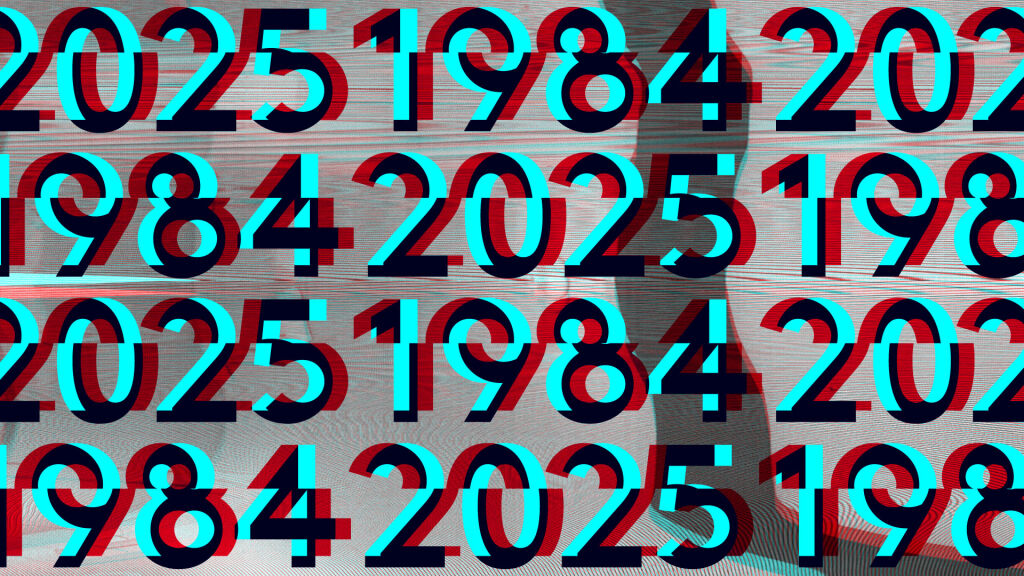The Death of Truth
The very concept of objective truth is fading out of the world. Lies will pass into history.”
— George Orwell
Starting on May 30, Planet Word is launching the first in a series of programs we’re calling Having Hard Conversations. We think that by showing people how to use their human superpower, their words, to interact with each other in a civil manner we can work toward our vision of creating a strong democracy. Indeed, when wielded with good intentions, we believe words have that power. Through these programs, we want to show people how to use their words to build bridges, not to divide, and how to engage in civil, respectful dialogue.
This series will showcase individuals and groups who are doing just that — who are “walking the talk” — starting with an interactive talk and book signing on May 30 with Michele Norris about her Race Card Project and her book Our Hidden Conversations.
And isn’t this the perfect time to spotlight the techniques and ideas that can improve how we get along with each other — just as we are gearing up for the 2024 elections, which could easily be some of the most divisive elections in years? From race and societal inequities, to campus protests about events in Israel and Gaza, to arguments over climate change (yes, still), to disagreements about when life begins and access to abortion, to disputes about book bans and election results and misinformation, there doesn’t seem to be a single issue in American public life that doesn’t arouse a passionate response these days.
We could all use some pointers on how to lower the temperature of discourse and reap the benefits of talking to one another as well as listening.
And if our goal is a stronger democracy, undertaking that civic project relies on our ability to make sense of the world; it depends on our ability to distinguish facts and truth from fiction as best we can, often through rational discourse with our fellow citizens. As voters, we need to weigh evidence to make informed choices.
But when photos and videos can be easily manipulated without leaving a trace or clues, that’s a problem for democracy. When voice samples can be collected to literally put words into people’s mouths, that’s a problem. (A case in point: major news outlets, including the New York Times and BBC News, recently reported about a young Ukrainian women whose face and voice had been “stolen” to deliver video content in China — in Mandarin — a language she doesn’t know or speak!) In fact, because of deep fakes, people have easy deniability for any bit of evidence that hurts their alibi or excuse.
If technology-enabled deep fakes make it even harder for us to determine the truth, I think we’ll all be serving on the lifetime equivalent of a hung jury, because no one will be able to prove anything beyond a reasonable doubt.
Be sure to join us for this series of important programs.
—Ann Friedman, founder of Planet Word



